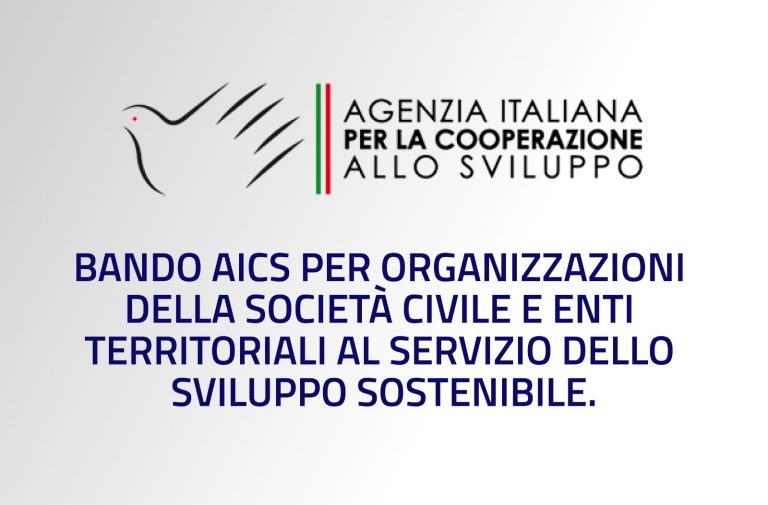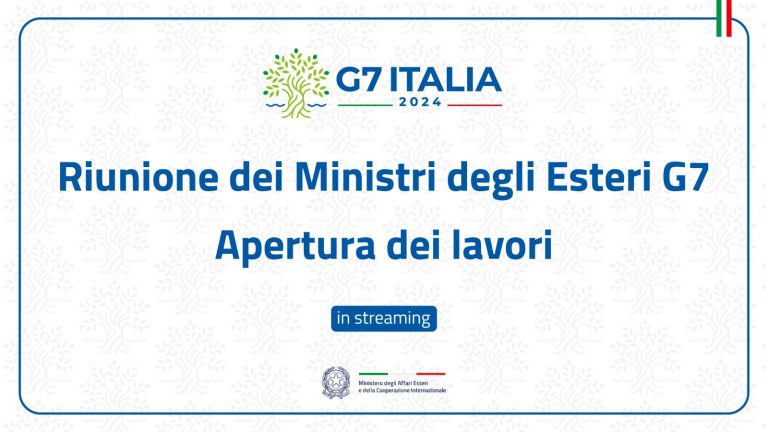MINISTERIAL CONFERENCE
ON INTERNATIONAL SUPPORT TO LIBYA
(Rome, 6 March 2014)
CONCLUSIONS
1. Libya and International partners met in Rome on 6th March 2014 in order to reaffirm strong international support for a unified and sovereign Libya as it seeks to build a modern and effective state in the face of significant challenges to the democratic transition, in the line of the Paris Conference of 12th February 2013. Participants included a wide Libyan Delegation and representatives of Algeria, Bulgaria, Canada, Chad, China, Denmark, Egypt, Finland, France, Germany, Greece, Italy, Japan, Jordan, Mali, Malta, Mauritania, Morocco, Niger, Norway, Qatar, Portugal, Russia, Slovenia, South Korea, Spain, Sudan, Switzerland, Sweden, The Netherlands, Tunisia, Turkey, the United Arab Emirates, the United Kingdom, the United States of America, the African Union, the Arab Maghreb Union, the European Union, the Gulf Cooperation Council, the League of Arab States, the North Atlantic Treaty Organization, and the United Nations.
2. The Conference focused on the Libyan Delegation’s commitment, on an urgent basis, to establish the political conditions necessary to achieve a democratic transition to an effective state, as well as to provide security, services and good governance to all citizens based on the rule of law. To that end, the State of Libya and International partners undertook mutual commitments for action, which are detailed in the annexed Security, Justice and Rule of Law, and Governance Compacts.
3. Libya and International partners agreed on the urgent need for Libyans to forge broad consensus on management of the transitional period to ensure an orderly handover of power to a new elected body and contribute to stabilizing the current situation in Libya and in doing so to uphold the democratic process and refrain from using violence in the political process.
4. Participants underscored that a comprehensive and inclusive process of national dialogue and reconciliation is key to the stabilization process, which international partners are ready to support in full respect of Libyan sovereign authority through coordinated contributions to the Governance Compact in the Annex to these Conclusions. International partners underscored the pivotal role of the national dialogue, and Libya commitment to increase its engagement. Participants underscored the crucial contribution of the United Nations Support Mission in Libya (UNSMIL) to the consolidation of an inclusive national dialogue and the support for such a process from all relevant Libyan stakeholders and recognized the importance of UNSMIL’s continued engagement in that work.
5. Recognizing the critical role played by women in Libya’s revolutionary transition, Libya and international partners stressed the importance of full participation of women in Libya’s national decision-making process and in the establishment of national institutions at all levels.
6. Participants welcomed the February 2014 elections for the Constitutional Drafting Assembly, which demonstrated Libya’s continued commitment to the democratic principles and fundamental freedoms for which the Libyan people sacrificed so much during the 2011 revolution. They called for the constitutional drafting process to involve all political forces and components of Libyan society. Recognizing the United Nations Security Council (UNSC) mandated role of UNSMIL in this regard, international partners reiterated their commitment to provide technical assistance to that work.
7. Participants took note of the steps undertaken to ensure constructive cooperation between all Libyan institutions in order to pursue national priorities and respond to the most urgent needs of the Libyan people.
8. Participants stressed the urgent need to resolve ongoing disruptions of energy and oil exports. While noting the important role of national dialogue and constitutional processes in addressing questions related to the future structure of the new modern Libya including resources distribution, Participants underscored the need for tangible steps in the interim to improve central and local governments’ capacity, particularly in the provision of essential services to all Libyans,, with a vew to ensuring security and maintaining popular support for the democratic transition. The Libyan Delegation committed to establish more effective and transparent governance procedures, in particular in budgetary and spending sectors, also in view of ensuring a larger capacity to absorb assistance offered by international partners. In return, international partners pledged technical assistance to foster improved governance capacity at all levels, enshrined in the Governance Compact.
9. The Libyan Delegation referred to actions already taken in the priority areas of the security sector identified at the Paris Conference and G8 Summit including training, SSR (security sector reform), DDR (disarmament, demobilization and reintegration), arms and ammunition control, and border security. The Libyan Delegation pledged to implement a renewed and more focused program of reforms, with a clear attribution of responsibilities and clearly phased deliverables, designed also to integrate new elements including former revolutionaries in the security sector. A number of new initiatives in the security sector were announced by international partners (details to be found in the Security Compact in the Annex). International partners also reviewed and updated commitments in the need for a swift implementation of these programs in training and equipment for the security forces and specifically the GPF (General Purpose Force), Special Forces and Police.
10. Participants also encouraged an inclusive national approach to DDR, based on a clear political agreement, and underscored the need for concrete measures to control arms and ammunition stockpiles and welcomed the Libyan Government’s announcement that is setting up an Inter-Ministerial Committee with the Libyan Ministry of Defense acting as lead Ministry, to address the issue of arms and ammunition control urgently, at the strategic level. Participants agreed that the UN should continue to support proper management, storage and effective disposal of unsecured arms and related material by the national security forces. They commended the work done so far by the International community and they welcomed the launch of new initiatives in that regard.
11. Participants also reiterated the urgent priority for Libya to secure its borders, including through the implementation of the recommendations of the Tripoli Action Plan of 2012 to which Libya and its neighbors signed up. They also welcomed in this regard the commitments of the Rabat conference of November 2013,as reflected in the Rabat Declaration, including the creation of a permanent Secretariat and of a regional training center for border security officers. Enhancing the security of Libya’s land, sea and air borders, is vital to improve regional security. To this end participants called on the Libyan authorities to expedite the completion of an electronic integrated border control management system and the development of a broader, effective Integrated Border Management Strategy, with the active coordination and assistance of both Countries of the Region and EUBAM.
12. In this framework particular attention was dedicated to the growing terrorist threat in the region. Continued international partnership in countering terrorist threats and strengthening state capacity is essential to ensuring regional and global stability. Participants welcomed in this respect the efforts of the African Union and the Nouakchott Process to support cooperation with Libya’s neighbors in all fields, especially in common border security.
13. Participants expressed their concern about the ongoing violence in eastern Libya, particularly on the systematic campaign of killing and assassination in Benghazi and its environs. They called for quick and concrete steps by the authorities to improve security and bring the perpetrators to justice. Participants expressed their determination to support the authorities to achieve such a goal.
14. Participants emphasized the need for full respect for human rights in Libya. They addressed in particular the continued challenges in establishing the rule of law throughout the country. They expressed concern for the cases of arbitrary detention, including in cases where legal standards of detention are not met, where persons are held outside the authority of the state, as well as for the cases of ill-treatment, torture and deaths of individuals in custody. They called for the implementation of the enacted Law on torture, enforced disappearances and discrimination. They stressed the importance of Transitional Justice Law, recently adopted, as the basis of a national reconciliation process based on dialogue, inclusiveness, justice and accountability. They also welcomed the Libyan Government’s decision to recognize victims of sexual violence as victims of war and allow for reparations, healing and legal support. International partners stand ready to provide any possible support in the rule of law sector, coordinated through UNSMIL.
15. Emphasizing the lead role of UNSMIL in coordinating the international assistance, participants agreed on the need to assess all capacity and institutional building, training, equipment and procurement needs and activities on a regular basis in cooperation with the international partners. Participants agreed to establish an international partnership for Libya to monitor progress in the implementation of the Compacts.
16. Participants welcome the prospect for the next Ministerial meeting to be convened in Turkey.





